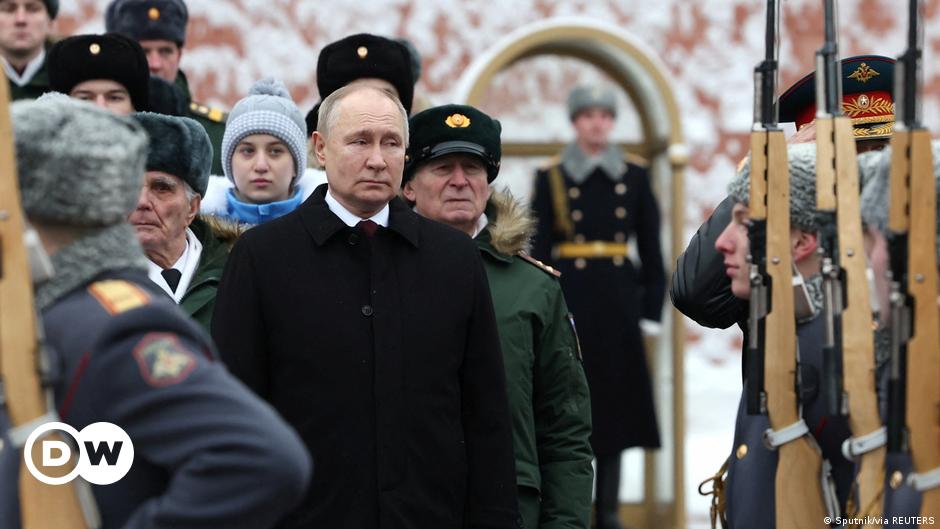Russian President Vladimir Putin was set to deliver his State of the Nation address on Thursday, less than three weeks before a presidential election.
According to the state-owned TASS news agency, his annual speech to Russian lawmakers would take the “domestic political calendar” into account.
Putin’s speech would be nationally televised and even screened in some cinemas.
What is Putin expected to say?
He typically uses the annual address to send messages to both domestic and international audiences.
The presidential election scheduled for March 15-17 is expected to focus on domestic issues, including the economy and social policy.
All major opposition politicians have been disqualified from the vote, and Putin looks sure to secure another six-year term. He has said he would already “set the objectives for at least the next six years” in his speech.
This is despite a fired-up opposition spurred on by the death earlier this month of Russian opposition politician Alexei Navalny at an Arctic penal colony.
The Kremlin had denied any state involvement, but Putin’s address will be closely watched for any remarks on Navalny’s death.
Navalny’s funeral will be held in Moscow on Friday.
War in Ukraine and trouble in neighboring Moldova
In the speech last year, the Russian leader announced Russia’s suspension of the New START nuclear disarmament treaty due to the war in Ukraine which he blamed on the West.
The Russian invasion is now in its third year, but unlike last year, Russia has had some battlefield success in recent months, including the seizure of the eastern city of Avdiivka.
The initially strong Western support for Ukraine also appears to be faltering, with US military aid package stalled in Congress.
Putin already spoke to lawmakers about Ukraine earlier this week, marking the 10th anniversary of the takeover of Crimea’s parliament by Russian forces.
Putin could react to the appeal by pro-Russian separatists in Moldova’s breakaway region of Transnistria, for help from Moscow to “protect” Transnistria from mounting Moldovan pressure.
A special congress of the region is understood to have passed a resolution on the issue on Wednesday.
The move by the pro-Russian separatists could further escalate tensions both within Moldova and the Eastern European region.
lo/wd (dpa, AFP)


